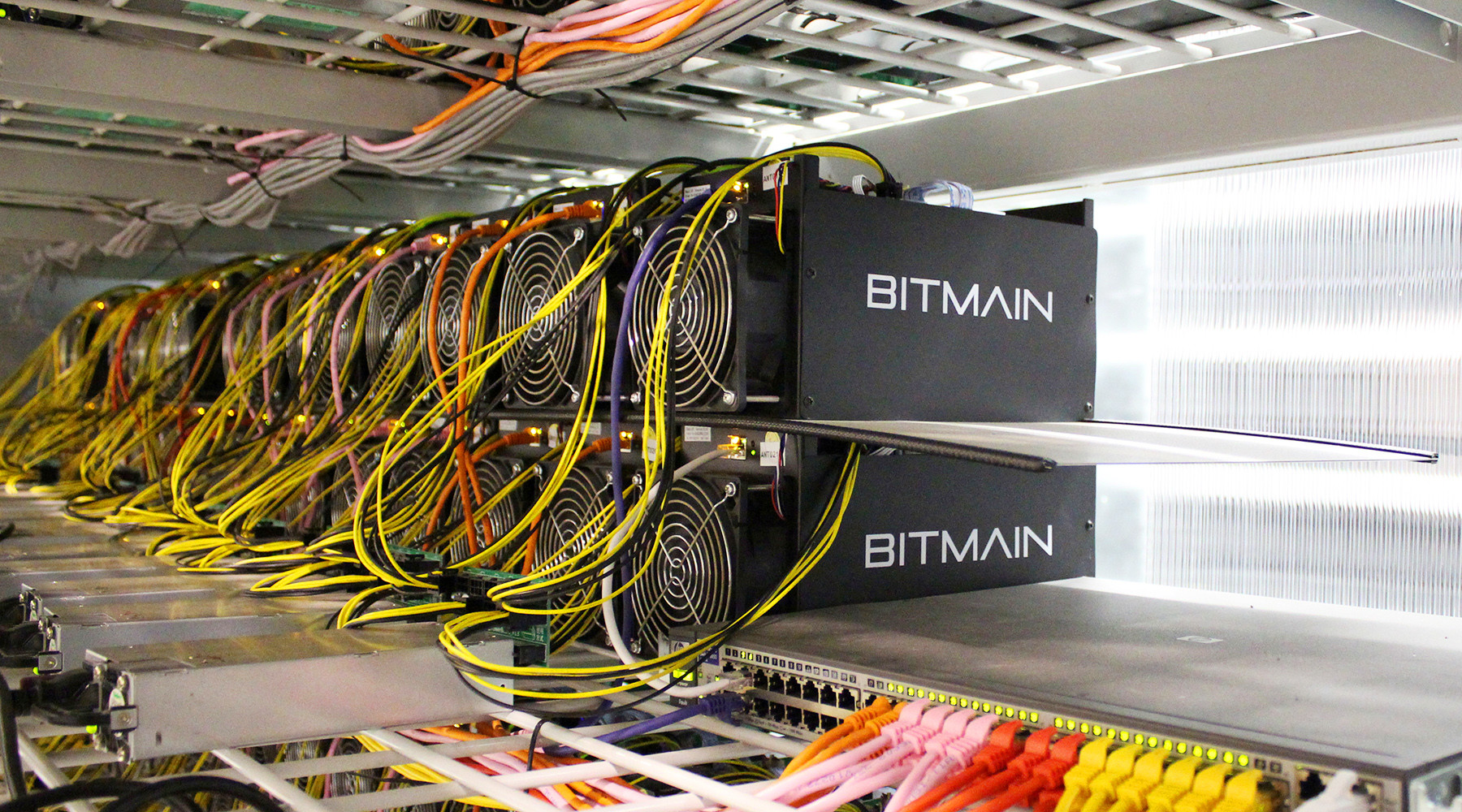Mining farms in Russia will give a discount on electricity

Russia seriously intends to become one of the world leaders in cryptocurrency mining. Apparently, the task is set at the state level. About the new hobby of Vladimir Putin became known during the St. Petersburg International Economic Forum, writes RBC. Then, First Deputy Prime Minister Igor Shuvalov at a panel session “Blockchain - the birth of a new economy” said: “For the time being, we do not provide technological leadership to change the lives of people in Russia. Providing this leadership is the number one challenge today. The president is completely ill with this, realizing that the gap and significant growth rates are based on the digital economy and technological leadership. ”
One of the first steps in state support for mining is reduced electricity prices for mining farms. To begin with, they plan to launch a pilot project in one of the Russian regions. Arseny Shcheltsin, director for project activities of the Internet Development Institute (IRI), told Izvestia about the preparation of the project.
The idea is very sensible. It is no secret that China has become the world leader in mining due to two factors:
- Cheap iron : mining equipment is made in China, so local miners get a natural advantage over miners from other countries.
- Cheap electricity : in terms of rubles, the cost of electricity in China is about 4.54 rubles / kWh. This is much lower than the price of electricity in western countries. Moreover, in many industrial areas where hydroelectric power plants operate and there is an excess of generating capacity, the cost of electricity is subsidized by the state . The same state support on the model of China plan to implement in Russia.
In Russia, electricity is also sold to the population at low tariffs, because in many regions of the country there is an excess of generating capacity. Tariffs for electricity depend on the region. For example, in Moscow the tariff is 5.38 rub / kWh (with VAT), and in homes with electric stoves - 4.04 rub / kWh (with VAT). When differentiating by time of day, the most profitable mining naturally falls at night - 1.79 rubles / kWh (with VAT) in houses with gas stoves and 1.26 rubles / kWh (with VAT) in houses with electric stoves.
Probably, it would be most logical for the authorities to provide privileges for mining farms primarily in regions with excessive generating capacity, as is done in China. In theory, these are regions nearby with large nuclear power plants and hydroelectric power plants. For example, in Krasnoyarsk, not far from the largest Krasnoyarsk hydropower plant at 6000 MW in one of the industrial regions of Russia, the cost of electricity for the population is 2.37 rubles / kWh (including VAT) - more than twice cheaper than Moscow. In homes with electric stoves, the rate is 1.66 rubles / kWh (with VAT), and at night - 1.00 rubles / kWh (with VAT). Judging by such tariffs, an excess of generating capacity is clearly observed in this region.
There are quite a few regions with excess capacity in Russia. In 2008-2014, 3.6 trillion rubles was invested in the construction of new generating capacity in Russia. In a short period, the installed capacity of the country's power system has only increased by more than 20 GW. Energy experts say that now in Russia there is such an excess of electricity that today the market is concerned about the withdrawal of old ones, and not the commissioning of new power units . It turned out that electricity consumption in Russia is not growing as fast as it was planned during the economic boom, when the so-called “power supply contracts” were put into effect, which guaranteed investors a guaranteed payback period for investments when new power units were put into operation.
Mining farms are one of the ways to solve the problem and increase the consumption of electricity in Russia. For example, according to media reports, the largest mining farm in Russia consumes 4.5 MW, that is 3.24 GWh / month. In early 2017, this farm generated 20 bitcoins per day.
Presidential Adviser German Klimenko recently announced the creation of the Russian Association of Cryptocurrency and Blockchain (RACIB). This organization will be engaged in "lobbying" the interests of miners in Russia, including seeking preferential tariffs for electricity: "Effective solution of this task will allow Russia to take the lead in the production of cryptocurrency. That is, on the one hand, it will significantly increase the amount of virtual funds in the country, and on the other hand, it will lead to the emergence of blockchain infrastructure: it will simplify the implementation of appropriate tools in the field of transaction verification, identity verification, workflow, copyright protection, eliminate intermediaries in commodity operations when purchasing real estate, ”said Arseny Shcheltsin.
Representatives of the Islamic Republic of Iran have already begun negotiations "with one of the major Russian cities" on discounts for mining farms. Perhaps this is the same Krasnoyarsk or other industrial center, while the information is not disclosed.
The “fascination” of the state with cryptocurrencies has a reverse side. In the future, miners may have to pay taxes on their income. Literally today, the head of the Ministry of Communications and Mass Media Nikolai Nikiforov at the BRICS summit declared that operations with cryptocurrencies should be subject to personal income tax (NDFL), which in Russia is 13%. But we are talking only about cryptocurrencies "using Russian cryptography," the minister said, and "foreign encryption algorithms" will remain outside the law. In general, the situation is strange.
Responding to questions from the audience, Nikiforov said that he himself does not deal with mining, because his authority and lack of time do not allow it.
All Articles